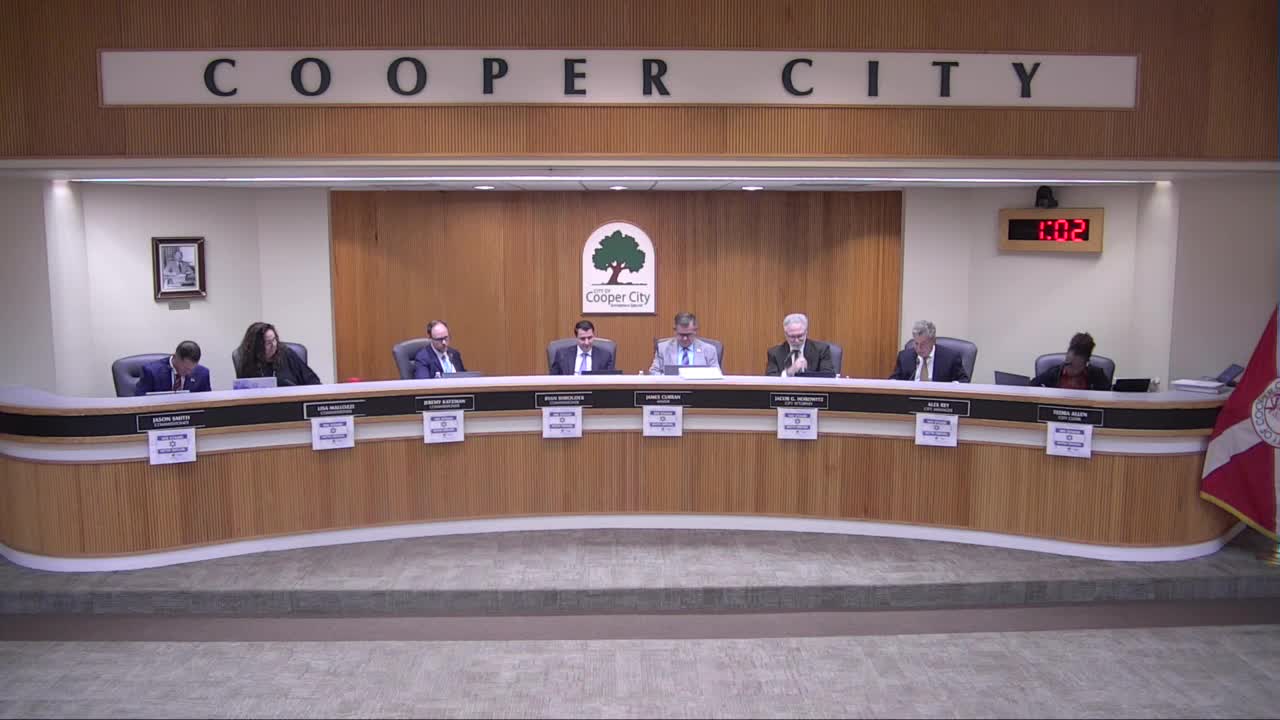Article not found
This article is no longer available. But don't worry—we've gathered other articles that discuss the same topic.
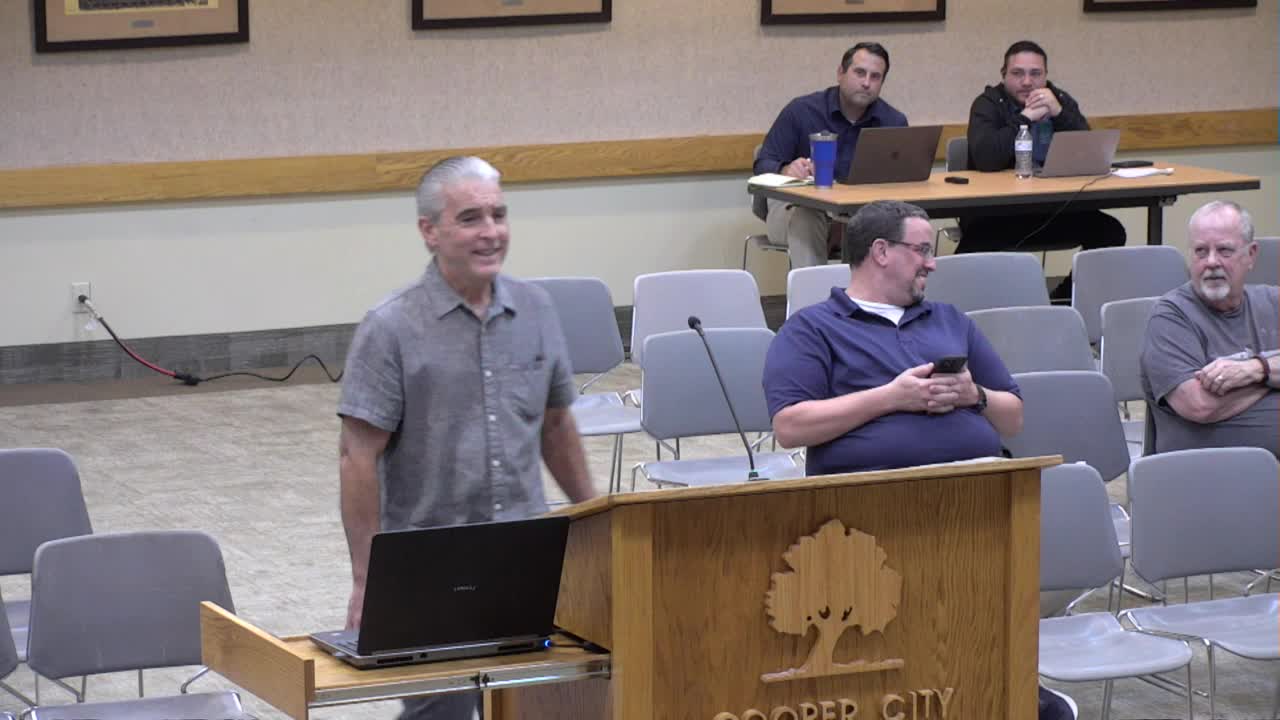
Residents press commission for more enforcement, signs after dangerous school drop‑off and neighborhood parking
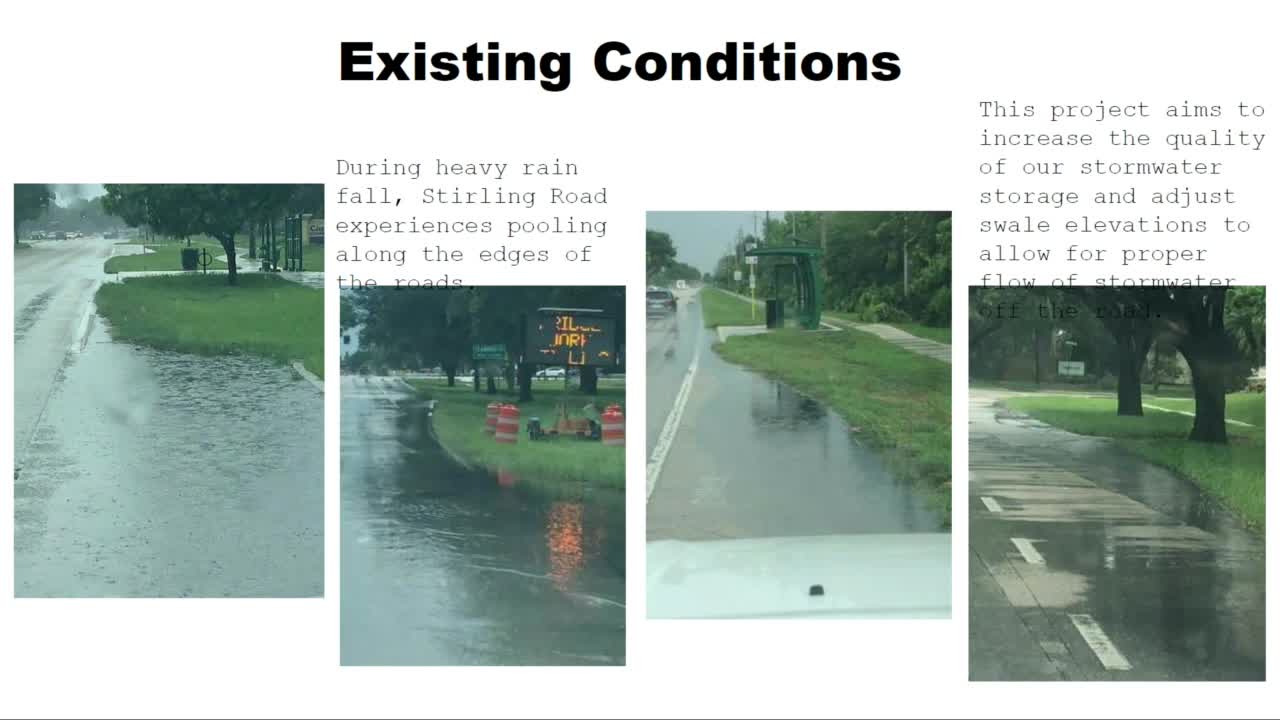
Renaissance Charter School not signing tri‑party SRO agreement; commission directs continued coverage while staff negotiates
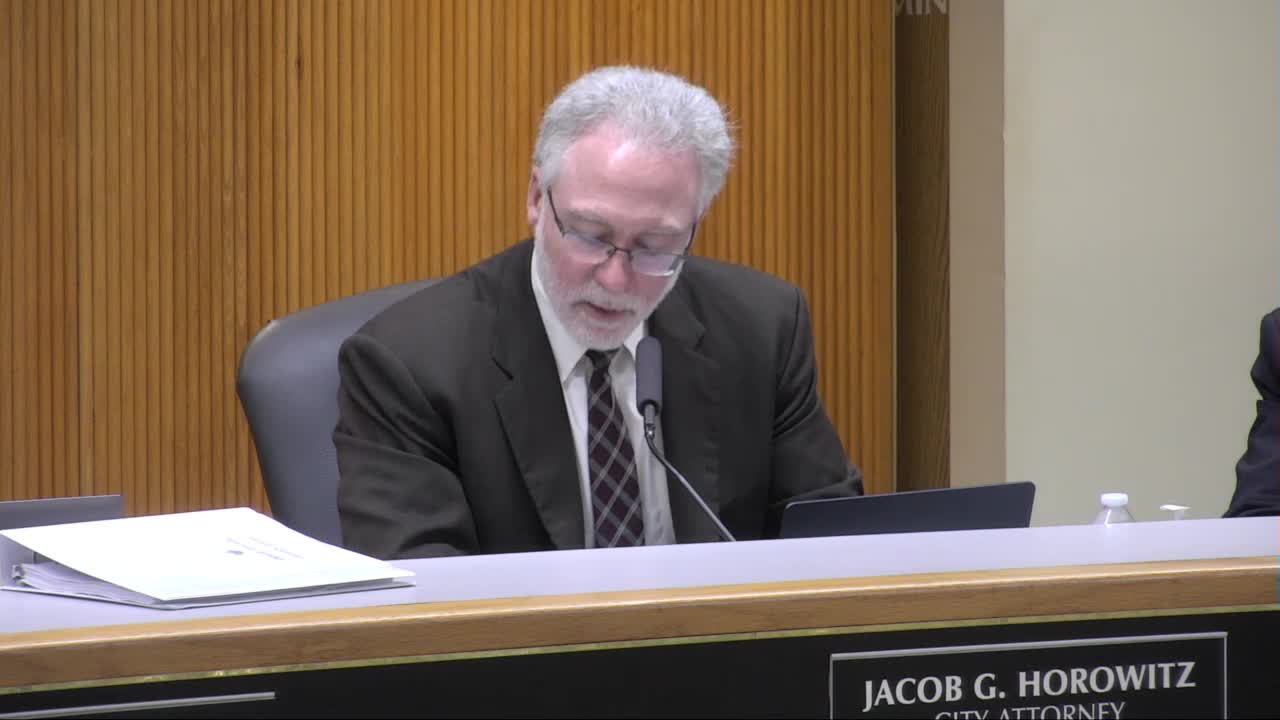
Commission approves annual water-rate adjustments; members ask for clearer resident communications
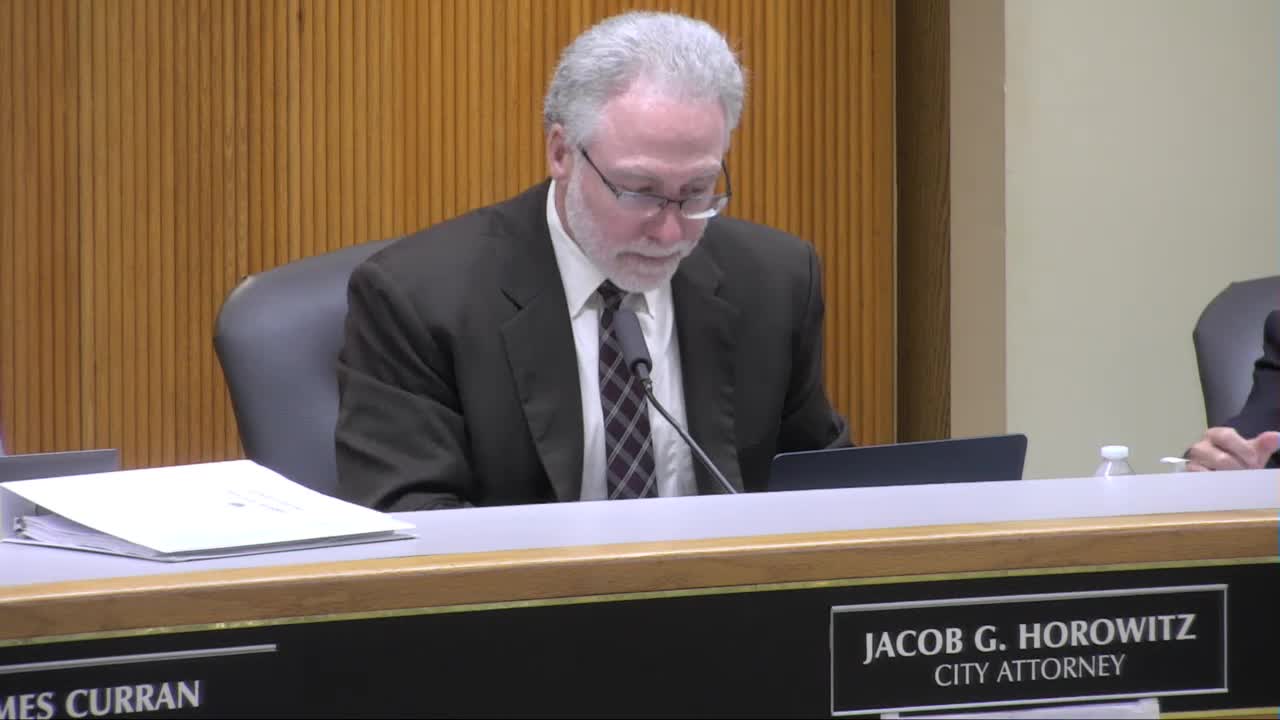
Commission approves purchase of new bucket truck and rental agreement with neighboring city
